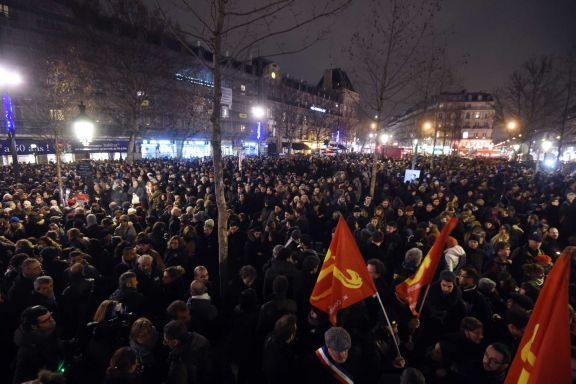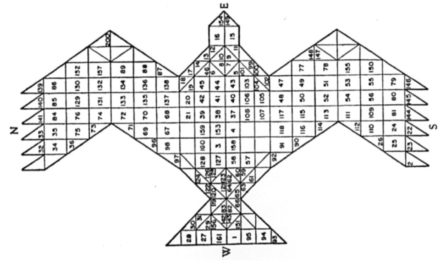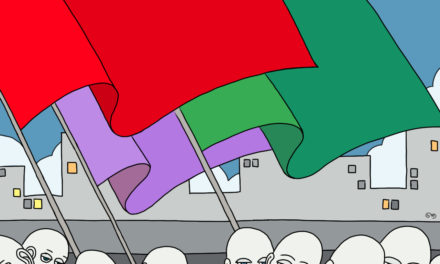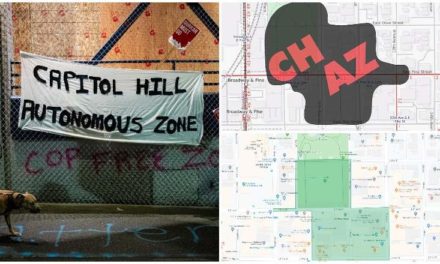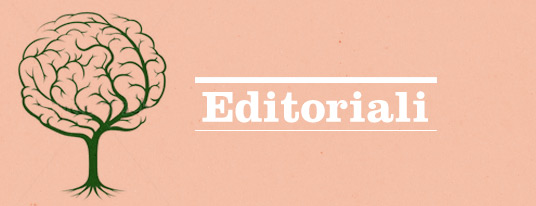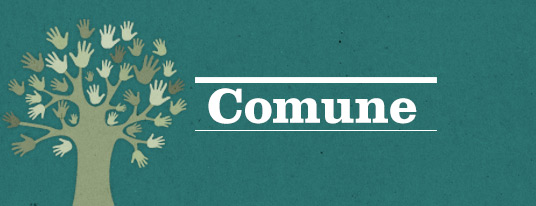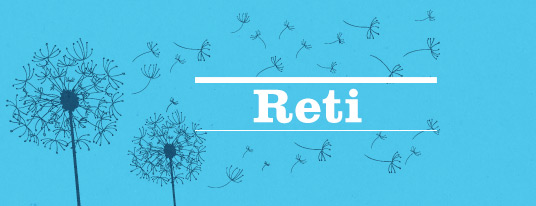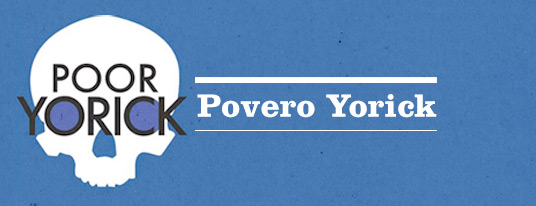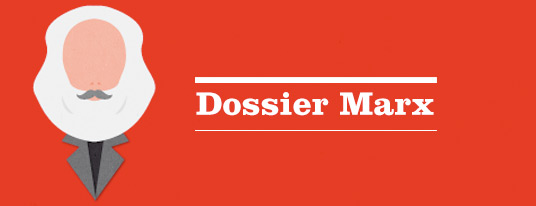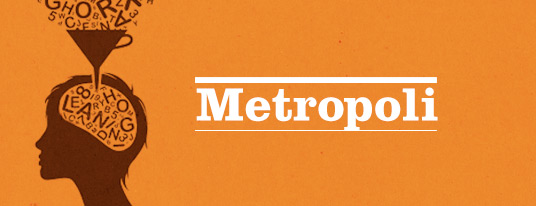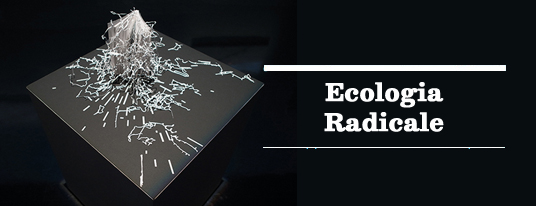by MARCO ASSENNATO
Premise. I write but I do it with more doubts than certainties. The object that I try to dissect hurts, strikes at the heart. However, I think it is no longer the time for good feelings, hysterical reactions or beautiful souls playing with words. January 7, 2015. The date is political and opens up a temporality, one that risks to overturn into the umpteenth long reactionary night. The place is Paris, one of the centers of Europe – and I repeat it – of Europe: no hexagon can contain the effects of what happened, no national flag can recount its causes or soothe the relative pain. In order to deal with the tragedy – one that from any viewpoint remains as such: a hateful, dirty and unbearable tragedy – I think we need to impose to ourselves an exercise of reason: a sober, rigorous and cautious one. So what follows is a little more and nothing less than a first, partial, limited and rough tool to read the day, and to deal with its threats. To be handled for what it is: a draft, a risk. What is unneeded can be thrown away. Instead, if some directions could be developed, they could be grasped, modified, transformed and practically defined. Many things are still happening in these hours. The sound of the sirens around Paris is deafening. What is certain is that a further understanding will follow only collectively, and after all the necessary time. Now what we need is to reflect. What we do not need: drooled narcissists, competitions to see whose judgement is sharper, rage and hate, identification or rejection anxiety. Those affects and desires that we will be able develop in common, during these hours, will support the work of reason. The sad passions, fear and hatred, any form of solitude, like any identitarian closure – will increasingly and objectively constitute impediments to the exercise of thinking and subsequent actions. What matters is what is thought and how it is thought, today more than yesterday. What we will do and how we will do it, more than ever. Fullstop.
1. The symbolic. I do not think it is the time to play the little art critics. I like Charlie/I don’t like Charlie; Charlie makes me laugh/Charlie doesn’t make me laugh; Charlie is a political friend/Charlie isn’t a political friend; Charlie is satire/Charlie is vulgar; Charlie is free/Charlie is Islamophobic; I am Charlie/I am not Charlie. Thanks God the Glavlit has been dissolved, and with it all the insane molasses of those who pretended to impose to the most diverse and various forms of human expression what the correct modes, contents and forms are. Fortunately, the forms of taste and even those of bad taste are not governed anymore. So, today, refined distinctions and individual indignations are simply off-topic postures. I would rather reflect on the symbolic that is being mobilized. In these days I have seen cartoons that replaced the silhouettes of the twin towers with pencils. Yet, whether good or bad cartoons, I would say: no. On the symbolic level – for what such a dimension reveals of the political one – September 11, 2001 and January 7, 2015 are not comparable. Whether good or bad, the magazine Charlie Hebdo is not the World Trade Center nor the Pentagon. The hit target is another, and it mobilizes another imaginary: the consequences of this day will therefore have a different face. Like it or not: Charlie Hebdo is a weekly magazine of libertarian and incorrect satire, atheist more than laicist, anarchoid more that republican. And, like it or not, it is about a newspaper that marked the imaginary of generations of people. Then, the fact that Charlie Hebdo reflects values, culture and beliefs – and thus also prejudices, tics and the unthought – of a part of the French society, is slightly less than elementary: doing exercises on these tics, limits, prejudices, differentials and the variance of all that each of us can think, is – now – not at all worthy and useful. January 7, 2015 is a political date. Who does not want to reflect on politics, could have at least the decency to not show off. January 7, 2015 hints at a model of society, at a way of organizing institutions: it opens up an immense field to nationalism, to new articulations among unprecedented forms of fascism with a mix of security strategy to be extended to each centimeter of our metropolises, and to appeals to confessional, identitarian, cultural and territorial rigidity. That’s why on the same evening we all went to place de la Republique: because Januray 7, 2015 hit on our bodies and our life forms. There is a motion of collective indignation that is about to take to the streets; the fact that contradictions and limits, neocolonial regurgitations and ambiguities can be detected is obvious, I think. It is also evident that the root causes of all this should be investigated. Yet, here a curt game is being played, one between the complexity inhabiting the multitudes of Europe and an immense device of identification and isolation of each of us. Only for this it is worth to say Je suis Charlie: it is a collective name, or the contrary of a name, anonymous, multiple, usable today and only today, by all. Who does not have time to reflect upon it, to understand it, should take it, this time.
2. Politics. At Republique some little groups showed up with some French flags, a young bearded man has thought to have to rip the Koran in the square. To the first ones it has been said – more or less politely but surely with in a quite dignified way – to put the flags away. To the other one it has been pointed out that the gesture was not well accepted, that he got both place and occasion wrong. That is to say: it is not a national question, and even less of creed or individual beliefs. It is rather about avoiding religion as a form of compulsory identity and avoiding the bloodless remains of national space as a second compulsory community. Two lovely little cages. Actually, here we are talking of the only space (in) which we all inhabit: the multi-ethnic and multi-faith Europe, transcultural and racially mixed, with its metropolises, cities and territories. If there is a line dividing into two parts the field of this time, then it is the one passing through multiple/open subjectifications and the war between cultures and identities. A war that can be played within European populations – as civil war among us – and outside its frontiers – as a new chapter of the global war, once again constituting the identity of the old continent. On one side the path of the multitudes, on the other one the solitude, as it used to be said. On one side pure collective intelligence, on the other one the blackest identitarism. Whether this collective intelligence prevails, it depends on the actions that we will implement, on the modalities of these actions, on the same way in which we decide to reflect on January 7, 2015. Useless are pathetic conspiracy reconstructions and theories as well as big brother’s ghosts. They do not help today as they never helped. Useless is also caressing the soft underbelly of orthodoxy or following the macabre dance of Tak-Taks. On one side are the art of war, military passions and kalashnikovs, the police, armies, the states and their governments; on the other one are the rejection of war and the reasons for peace and security of the European multitudes. The grammar we choose to reflect on January 7, 2015 is just as important as the positions and the actions we choose to undertake.
3. Genealogy. Someone has said: let’s not be hypocritical. Alright, then: each logic of vague and indistinctly communitarian rassemblement, even worse if driven from above by republican unity, is to be rejected as part of the problem that we aim at fight. But who decided that the space of collective indignation should be left to a handful of rulers in their suits and to an institutional discourse that in France as elsewhere is exclusionary and violent? What makes us think that this is not a chance to challenge the public imaginary of a double state of confessional police and terror? Perhaps we should have the humility to follow the processes, observe them, cross them before making any judgment. If we were willing to reflect on what is happening and to start digging some genealogy, if we were willing to dissect the confessional radicalization that seems to cross wide social strata as well as the identitarian and neo-fascist closures that echo the beat of the present, then it would be sufficient to humbly retrace the routes of transnational migration. Yet, this time it would be necessary to commemorate the deads that the various border security devices disseminate everywhere, and to retrace those wars through which, since decades, governments of each color shape the Euro-Atlantic profile. And then we can turn back to look at our territories, to meet the everyday without salary, the sharpening of new poverties, the proliferation of fault lines and of lines of exclusion, the scapegoating and criminalization of behaviours that are often desperate, haphazard and yet fundamentally related to the search for a way to make a living. It would be enough taking a little time to observe the life of a couple of generations: young, intelligent, bright, brilliant, full of imagination and yet forced to the infinite repetition of a destiny of exploitation. It would be enough collecting all the immaterial, cognitive, educated, wise and unpaid work; counting all the profit derived from the differential inclusion disposed in the systematic surrender of rights in the name of economy as well as of welfare and education in the name of budget rules. In short, it would be enough looking into the face of austerity or of what Jean Clet Martin has called the human comedy of the debt reigning on the global scene. And drawing the consequences, also and above all in terms of political invention, of ability to use and enlarge all the possible spaces to overturn Europe and make it practicable space to struggle against the multiple forms of exploitation. The struggle for freedom, against fundamentalisms and fascisms, pushes us to use, with even more determination, every chance, every opportunity to break the enchanted circle of the ”moderate extremism” that has dominated Europe under the banner of “there is no alternative”. The opening year will require from the social movements the most rational experimental effort for the real and immediately practicable transformation of power relations. Far from national emergency unities or identitarian struggles: we will use, even more convinced, every political opportunity that is potentially instrumental to affirm Europe as a post-national and post-sovereign arena to struggle against multiple and heterogeneous forms of exploitation and oppression.
4. The march. A long time ago, the French citizen refused his name to the judge and said proletarian. Archaeology. In another time, less distant, the man with the pipe and the balaclava found the way to take off the boots encrusted with mud after a long march and, when asked ‘who are you?’, he replied: I’m gay, I’am lesbian, I’m black, I’m asian, I’m chicano, I’m an anarchist, I’m a palestinian, I’m a mayan indian, I’m jew, I’m gypsy, I’m a mohwak, I’m a pacifist, I am a single woman on the subway, I’m a landless peasant, a member of a gang in a slum, an unemployed worker, an unhappy student, I’m a mirror. It took the roar of the twin towers to try to cover that subtle voice. And yet the attempt at silencing failed. It was the time of an autonomous and extremely rich season of radical democracy. Even back then it was an anthology of distinctions, even back then the tenors of revolutionary orthodoxy exercised the art of distinction between political friends and enemies, even back then there were experts in military tactics, samples of warlike rhetoric, small spirits disguised as clumsy virile signs. However, comrades or – as it used to be said with great scandal of some – sisters and brothers, the breath of radical democracy prevailed and the collective body of the global movement took another direction. We came out of the corner in which the sprial of war and terror had enclosed us, and we found the squares and the streets. Today the man with the pipe and the balaclava is gone, he rectracted his hand, he has now a proper name. And yet once again the violence of weapons tries to cover the voice of who would answer the hateful question of power with the same long list once again: who are you? But today, before answering, we need to do the boots up once again and to resume marching.
Translated by Moira Bernardoni

